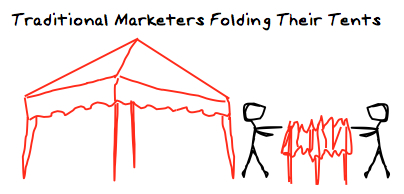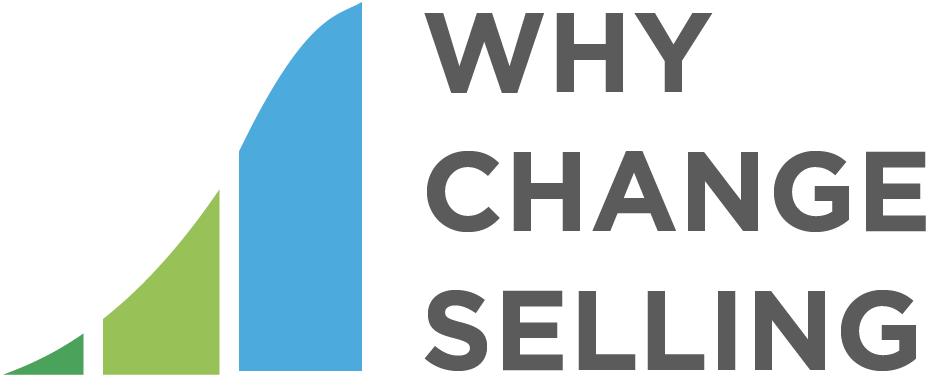Largely because of technology advances and the Internet, we are in the early phases of a permanent shift in buying behavior. This shift is as real in the B2B world as in consumer marketing. Over the next few weeks we’ll be providing you with a series of posts that examine how traditional media, marketing, sales functions and training have been affected and how sales, marketing and PR professionals can successfully evolve to take advantage of emerging opportunities.
The series will start with a guest post on the evolution of marketing and PR 
PR-consultant-turned-inbound-marketer Ellie Becker.
We continues with a guest post by Mike Bosworth entitled, B2B Sales in Turmoil - Who Needs Salespeople? on the changing perceptions and realities of the sales role in the B2B buying process. The series concludes with a post from Mark gibson entitled B2B Sales and Marketing in Transition, What's Working.
The Marketing and PR transformation.
Guest Post by Ellie Becker
The most radical and positive change in the PR world is embodied in the
statement, “We have met the media, and they are us.”
The channels and the tools have definitely changed. Traditional media – newspapers, magazines, radio stations – are folding their tents in droves. Remaining print media are shrinking along with the amount of editorial coverage they can give.
newspapers, magazines, radio stations – are folding their tents in droves. Remaining print media are shrinking along with the amount of editorial coverage they can give.
We now have hyper-local news websites that use a combo of professional and citizen journalism. We send “social media news releases” that include multi-media exhibits and direct links to our websites, in addition to text. We follow and engage journalists in social media. Journalists often don’t need the PR person because they can connect directly with resources/experts online.
Yes, there is still third party credibility in what’s now called “earned media” -- placing news or a feature story on established media. In fact, a placement in the NY Times and other traditional media has more value today because the stories get posted on media web sites and readers can often click through to our own websites or our accompanying video channels, etc.
But, just as in every other instance in our information flooded world, it’s much, much harder to break through. Newsrooms are lean and mean, fewer journalists with more responsibility, less editorial focus, covering multiple industries or topic areas. The great news in all of this change for organizations is that each of us now has the potential to actually BE the media. Through our blogs and other online content, we can go direct to our audiences with a clear and credible message unfiltered by third party media.
We can become the news source, the expert voice, the opinion and thought leader. And if we consistently make our voices heard, the media establishment will find us. Not only that, but our efforts are fully measurable in ways that they never were in traditional PR.
We can analyze just what our communications are taking to the bottom line.
For PR professionals whose world has been disrupted, the good news is that we have honed skills that transfer remarkably well into the online marketing realm. We are great at communications positioning, messaging and differentiation. We can tell a good story with words, images and video.
And we’ve always focused on the non-commercial, human story, which is what’s required to attract online audiences. We understand reputation management, an area that I believe will be getting much more attention online in the future.
We know how to think creatively, how to leverage PR and how to recognize opportunities for tie-ins and strategic partnerships. We’re content creators. And creating quality content is at the heart of successful inbound marketing.
We are eminently capable of delivering the paradigm shift of online marketing: Helping people to buy, rather than trying to sell them something. The key to success in today’s rapidly evolving marketing arena is to recognize the timeless knowledge and skills we’ve developed and then synthesize them with current needs and solutions. Here are some additional thoughts on knowledge and skills synthesis.




